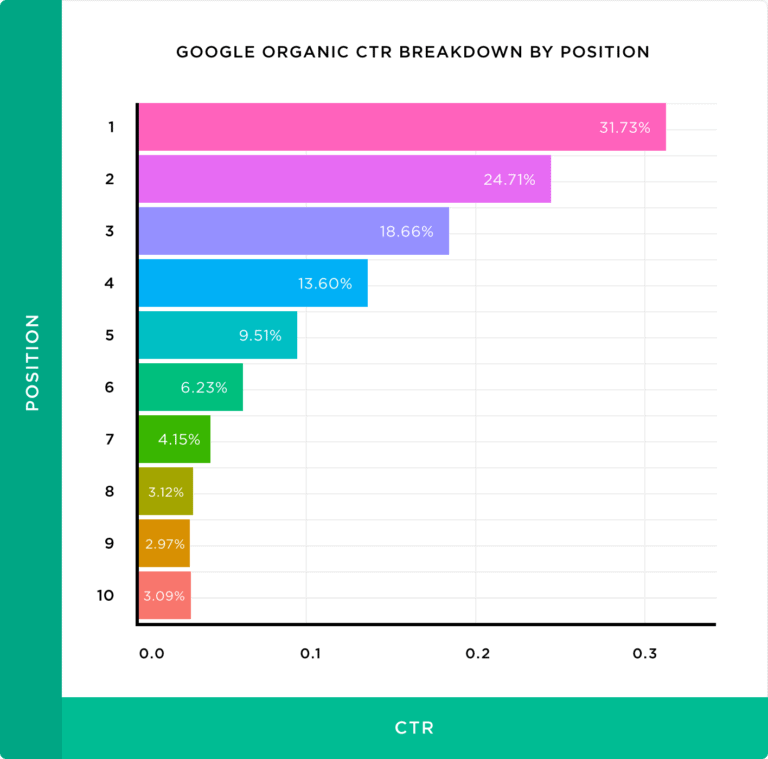What is SEO?: Website ranking in search engines
- Camilo Ramirez

- May 31, 2024
- 4 min read
Updated: Jun 17, 2024
If you have a startup or a business with a digital presence, you’ve likely heard about SEO, a concept that has gained traction due to its immense importance in digital marketing strategies. However, despite its widespread mention, it’s surprising how little is known about this practice. Therefore, we identified the need to explain how SEO works, its implementation, the benefits for businesses, and its strategic nature.
In this article, we delve into the concept and definition of SEO and provide an introduction to this digital marketing tool.
What is SEO? Is Google the only search engine? What is the value of having our own website? How can we start implementing SEO on our company's website? These are some of the questions we will answer with Blas Giffuni and Camilo Ramírez.
Let’s dive into the world of SEO!
What is SEO?
SEO stands for Search Engine Optimization. Blas Giffuni defines SEO as:
“The digital marketing practice that allows brands to constantly increase the number and quality of organic visits to a website through search engines. This is achieved by generating and presenting precise content to the right person at the right time, all with the goal of improving a website’s ranking and ensuring it appears in the top search results for users.”
Importance of SEO for brands
Some benefits of SEO include:
- Increased website visibility.
- Higher clicks, leading to more visits or sessions.
- Improved user experience.
- Higher conversion rates, helping generate leads or close sales more efficiently.
- Improved KPIs such as increased time spent on the website and reduced load times.
SEO impact statistics
Research analyzing five million Google searches concluded that:
- The first organic result is 10 times more likely to receive a click compared to a domain in the tenth position.
- The first organic result on the first page of Google receives 31.76% of the Click-Through Rate (CTR).
- The second result receives 21.71% of the CTR, and the third receives 18.66%, with the percentage decreasing as the position drops on the first page.
- Most users stop clicking after the fifth result.
- Domains on the second search engine page receive less than 3% of the clicks.
Include this image representing the above data: 
Difference between SEO and SEM
SEO refers to organic or unpaid results, while SEM, which stands for Search Engine Marketing, requires paying per click and appears at the top of a search as a sponsored result.
Is Google the only search engine?
No, Google is not the only search engine, but it is the preferred one for most users. According to Hootsuite's global digital trends report, Google was the most visited website in the world with 2.98 billion unique visitors as of November 2021, followed by YouTube (also a search engine) with 1.70 billion unique visitors.
As of May 2022, Google dominates the market share among search engines with 92.07%, followed distantly by Bing with 3.04% and Yahoo! with 1.39%.
In Colombia, the behavior is similar, with Google leading at 96.66% market share, Bing at 1.94%, and Yahoo! at 0.85%.
Which search engine should my SEO strategy focus on?
While Google and YouTube are the most used search engines, not all companies should focus their SEO strategy solely on them. According to Blas Giffuni, this depends on the business strategy. For example, for companies aiming to expand beyond the Western market, Google might not be the best option:
If a business wants to rank its website in China, SEO for Baidu, the main search engine in that country, should be considered, as Google is blocked in almost all regions of China.
Similarly, for a business targeting Russia, the most used search engine there is Yandex.
The value of having our own website
Think of your brand's website as your own house: in your house, you set the rules and make the decisions, and when you have guests, you strive to provide them with the best possible experience to leave a positive impression.
The same goes for your brand's website; it offers a complete and integrated experience for users, guiding them to see what you want them to know about your business and leading them to take desired actions.
In contrast, rented platforms do not offer the same control over the user experience (such as social media). Thus, it’s always best for your business to have its own website. Even in a dystopian scenario where all social media and Google cease to function, you would still have your website and continue receiving traffic from new sources.
Final considerations
Firstly, we provided a definition of SEO, then explained that Google is not the only existing search engine and that the choice for our SEO strategy depends on our business strategy, and thirdly, we discussed the importance of having a brand’s own website. To conclude, here are two final considerations:
- When venturing into the SEO world, it is recommended to have two websites: one to position and one to learn from.
- When consolidating your SEO team, ideally include three different profiles: (a) a person with technical knowledge, (b) a person with user experience knowledge, and (c) a person with a strategic mindset because, above all, SEO is a strategy!
Sources:






















